Watching KILL CHAIN, which premieres on HBO Nordic on March 27, is like diving into a procedural thriller. Led by the unflappable Harri Hursti — hacker and security researcher extraordinaire — the HBO documentary slowly but surely decimates the viewers faith in the American electoral system.
The basic setup sees a simple pattern repeat itself: Hursti, akin to a tech-savvy Columbo, wanders from place to place as he gently asks questions and pokes fun with endless dry humor. At the same time he peels away the layers hiding decades of willful ignorance and malicious intent to disenfranchise minorities who would trouble the status quo.
Alongside hackers, researchers, and journalists from around the world, Hursti methodically presents both the stunning failures of the system, as well as reminds us of the only alternative proven to work for a democracy. But as the chilling documentary goes along, it becomes obvious that no such change will ever happen, and the illusion of any democratic system working in America falls apart by the end.
Peppered with interviews from national, cybersecurity, and election security officers, KILL CHAIN has done its homework. It’s not the first time either — director Sarah Teale has worked on the topic for over a decade. Most notably with Hursti in the HBO documentary HACKING DEMOCRACY in 2006, which saw him break through the Diebold voting machine security to demonstrate vulnerability in the system. Only in 2020 were the compromised machines removed from service, and replaced by equally vulnerable ones instead.
KILL CHAIN is at its best showcasing the provable malfeasance inherent to the system. A three day hacking event called Defcon is particularly jaw-dropping, as hackers rip apart the supposedly unhackable machines within hours. What’s funnier is Hursti casually explaining how they bought the official equipment from Ebay. And it’s only funny because the alternative is terror. A group of statisticians and doctors proceed to calculate the odds of singular machines — each in areas filled with minority voters — delivering consistently unexpected results. To the surprise of no one, the odds are astronomical of it ever happening.
This makes for compelling, if aggravating viewing. It’s both fascination and equally frustrating watching people fight against the tide. By all accounts, Hursti and everyone involved are experts at the top of their field, hilariously overqualified and knowledgeable of the topic at hand. KILL CHAIN even brings in the hacker who broke through to the Alaskan voter database, and it’s made impossibly clear that he isn’t, and will not be the only one to do so.
This fascination is shared by the Teale, whose camera allows for the interviewees to talk at length about their given field, never once treating the audience like we’re dummies — but also not holding our hand at any point. If there is a downside to this, it’s that it runs the risk of preaching to the choir. After all, those that need to hear about this stuff are most likely to tune out in the face of technical jargon. But in allowing the viewers to not be treated like infants, KILL CHAIN is all the more important in delivering a dispassionate, objective look at the cold, hard facts. It says that this is not an argument of emotion, but evidence, and nothing else should matter.
It is only in the beginning that KILL CHAIN falters from this statement. Most notably as it takes a detour to demystify Hursti and his involvement a bit more than necessary. A trip to his childhood home, where his mother proudly displays his achievements, is endearing, but also obvious in its attempt to pander to that specific audience mentioned earlier. It isn’t enough that Hursti’s credentials are more than readily available; we also have to like him as a person, or at least empathize with his Finnish trepidation when faced with external praise. This is a cultural thing I’m sure, but it is the aspect of the picture that feels least necessary for me.
Luckily the sojourn is brief, and we’re quickly back in the hellish landscape of the American political system, where common antagonists re-appear. Coming as no surprise to anyone that it’s Mitch McConnell, a figure so cartoonishly monstrous couldn’t be fictional, who is behind much of the scheming. Other belligerents, most notably crooked senators and Russia, refuse to even pretend like they’re not involved. They know they’ll get away with it anyway, so why go through the effort?
It would be easiest to just point at a foreign power and call it a day, something that KILL CHAIN luckily avoids. The source is far more insidious and homegrown, born from racism and a capitalist system designed to oppress everyone not at the top.
That, KILL CHAIN says, is squarely on the weak shoulders of the Republican party. And if there is a message that needs to be hammered home, it’s that they are just as dangerous to a working democracy as any foreign threat could ever be.



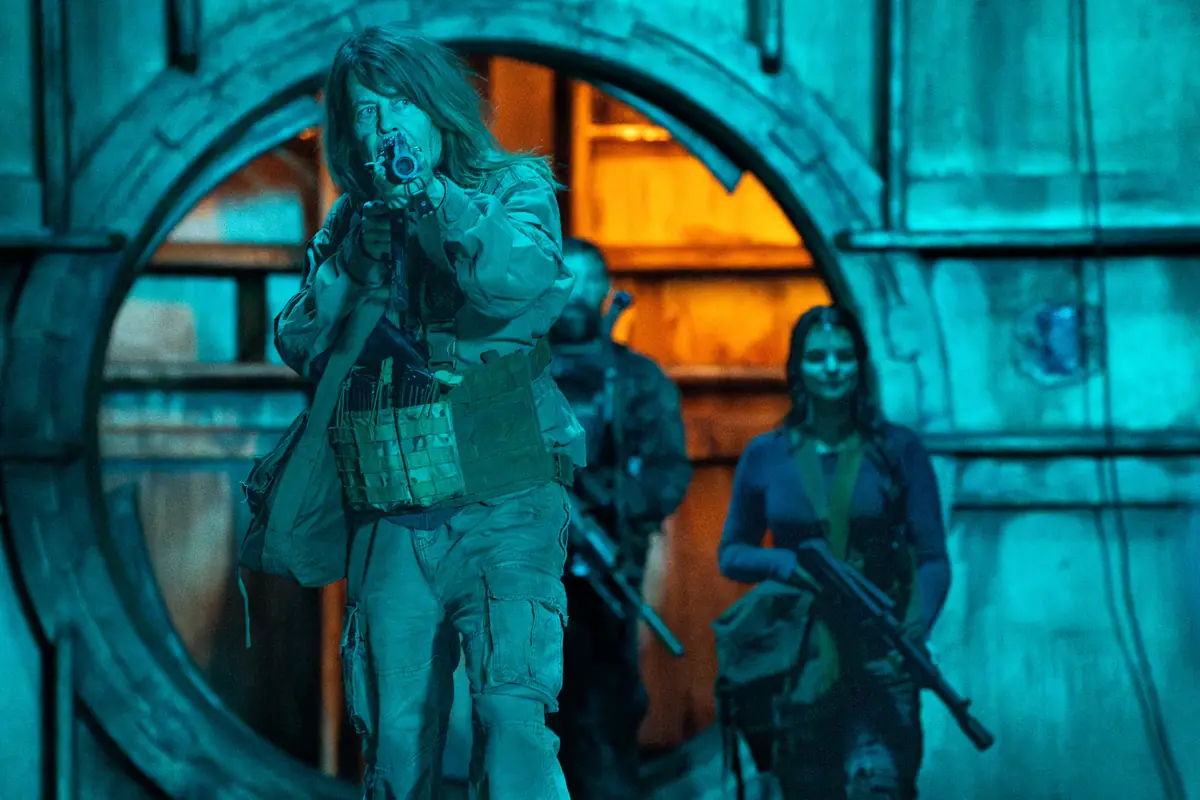

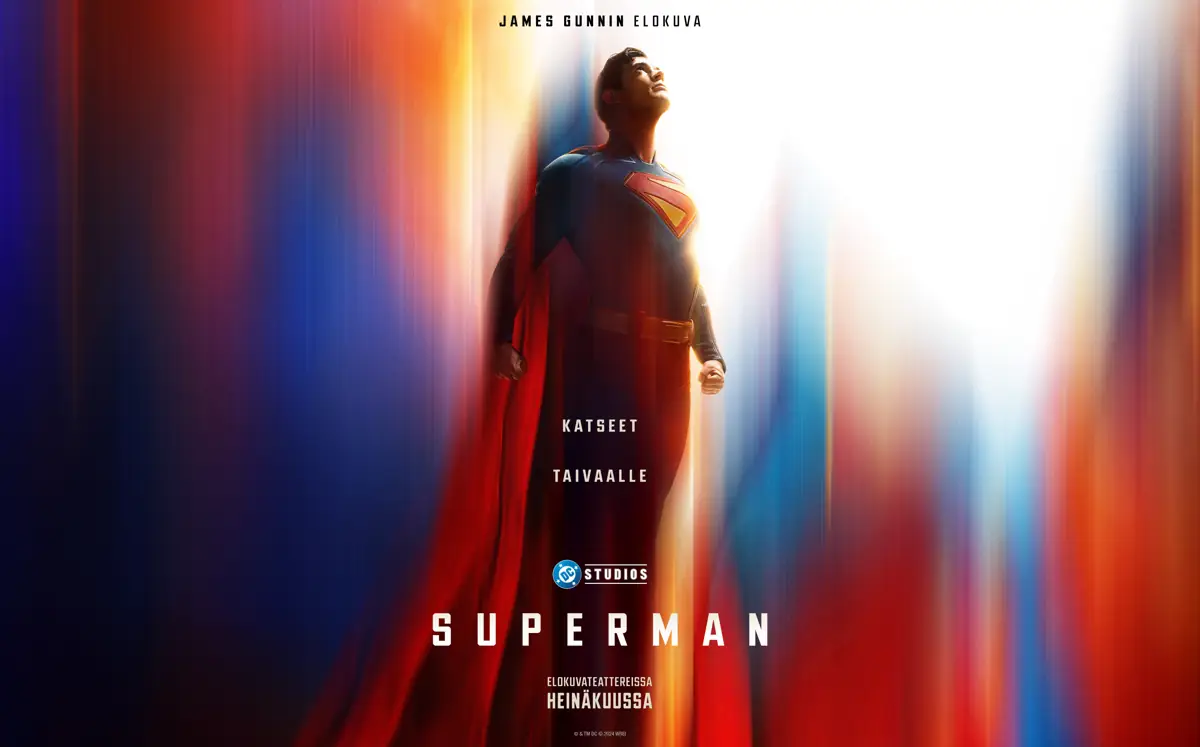

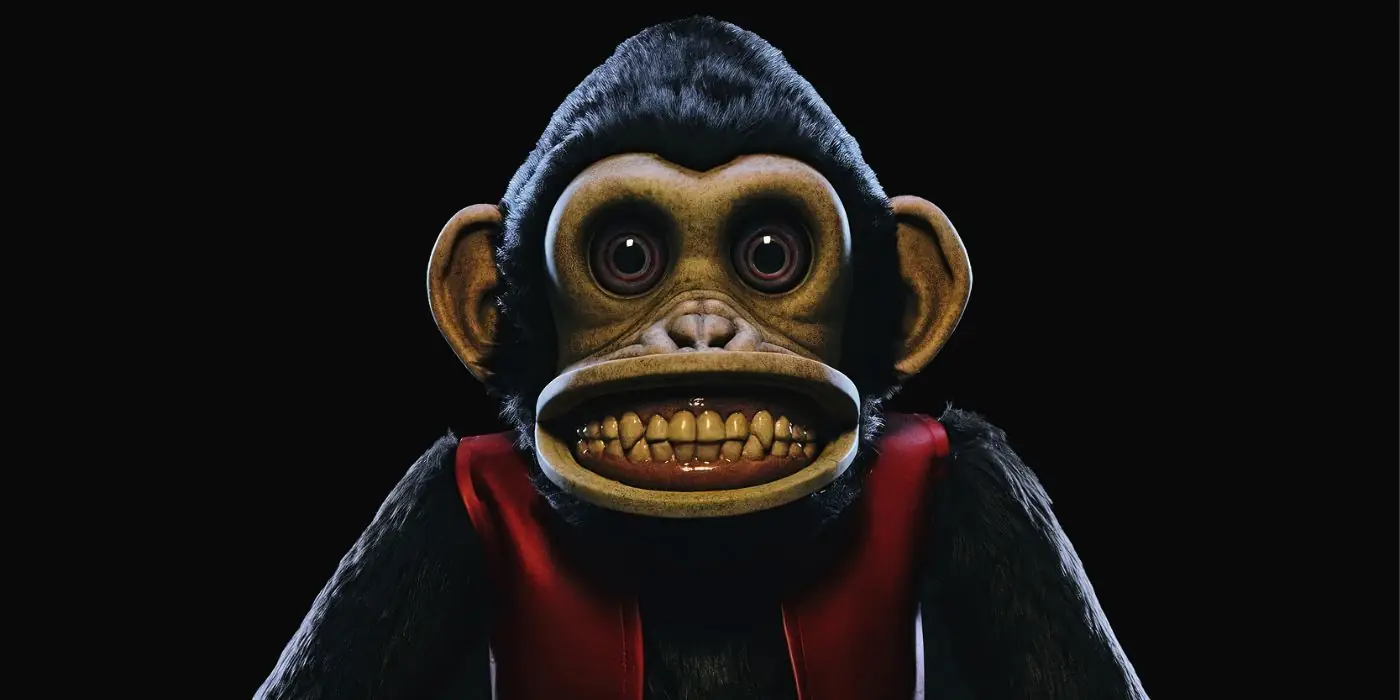
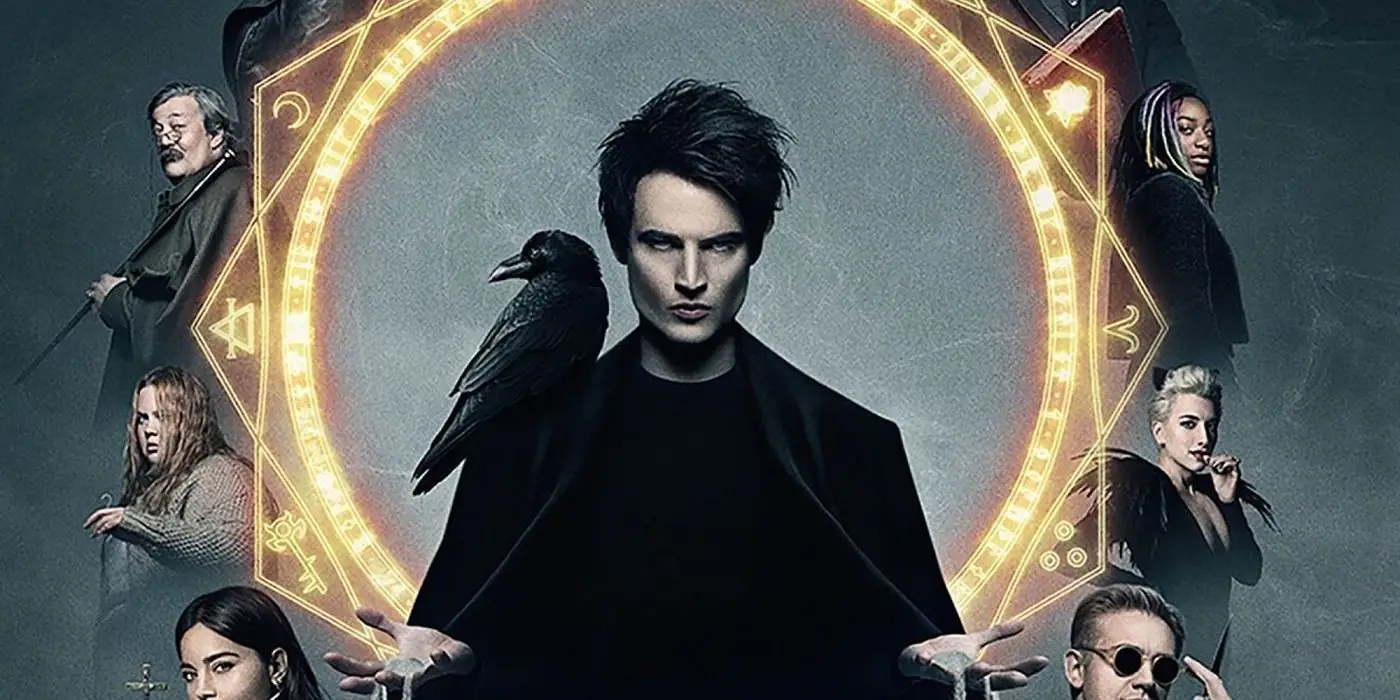
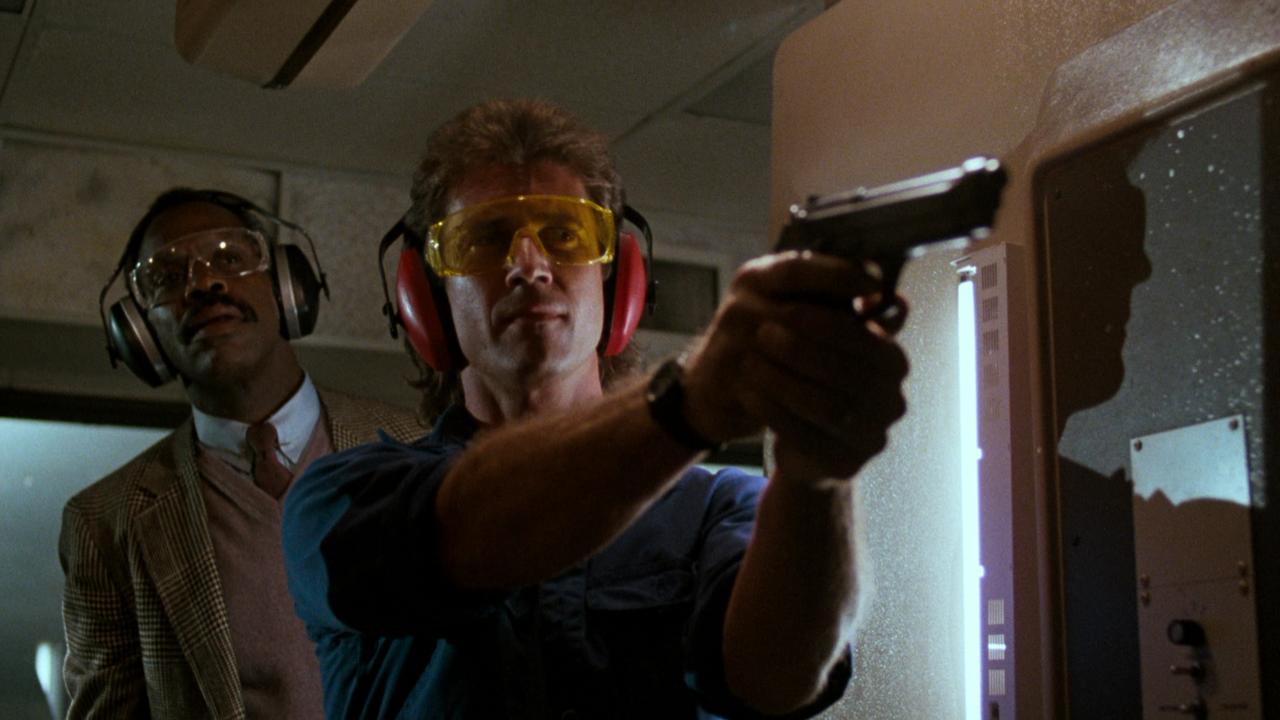

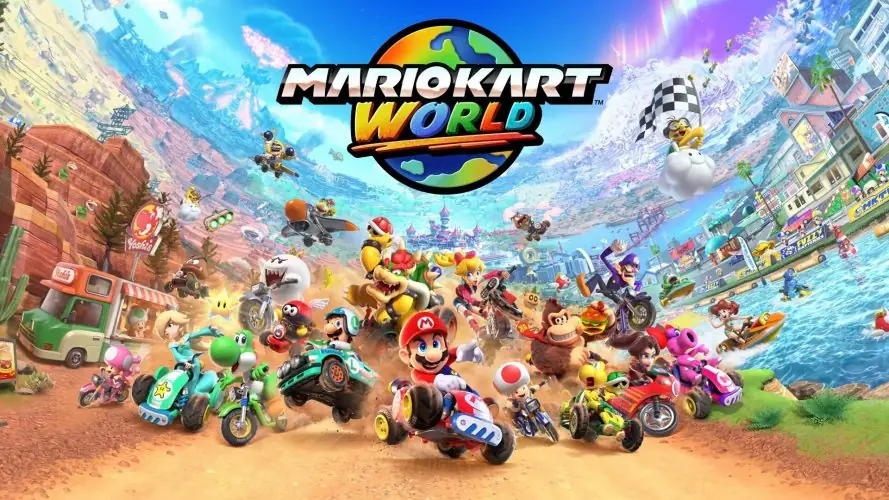

Discussion